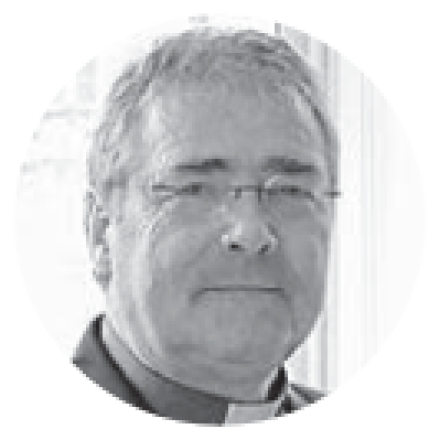An overview of the Colloquium
Nearly all of sacred doctrine consists in these two parts: knowledge of God and of ourselves. - John Calvin. The Institutes of the Christian Religion 1.1 THE PERSPICACITY of these opening words from perhaps the best known and certainly most influential of all the theological works of the Reformation was borne out as scholars and enthusiastic amateurs like myself wrestled with the doctrine of God and Christian anthropology recently at the colloquium organised by SEARCH in TCD to commemorate the 500th Anniversary of the series of crises that led to permanent division of the western Church.
The literary stylist and humanist in John Calvin would hardly have been pleased with the inelegance of the above paragraph, but he would surely have felt that his deepest theological intuitions had been vindicated as we debated the influenceability of God (a coinage of Bishop Kenneth Kearon) and the perfectibility or otherwise of human beings. Does God do favours and are human beings free to be taken by the hand of grace towards a heavenly future? Or are we utter wretches in the hands of a predestinating God, raised by a sovereign act from depravity to glory? As that doyen of Reformation historians Patrick Collinson once pointed out, it is the difference between Rubens and Rembrandt. Or as in W.H.Auden’s well known sonnet on Luther, the difference between those who have looked, not so much on the beauty of holiness as on its awfulness, over against those who “never trembled in their useful lives”.
Professor Werner Jeanrond, Master of St. Benet’s, Oxford and an old TCD hand, set the scene with a very wide ranging assessment of the strengths and vulnerabilities of Luther’s theology, drawing heavily on the work of the Lutheran theologian Paul Tillich and his plea for Protestant principle to be held in tension with Catholic substance. This view was neatly drawn out and summarised in a remark from the oor that Protestants nd the Church through Jesus and Catholics nd Jesus through the Church. The Anglicans amongst us beamed with self-satisfaction as we heard what we took to be the Anglican theological method thus lauded.
* Full article available in printed copies.

Most Revd. John McDowell
Is Archbishop of Armagh